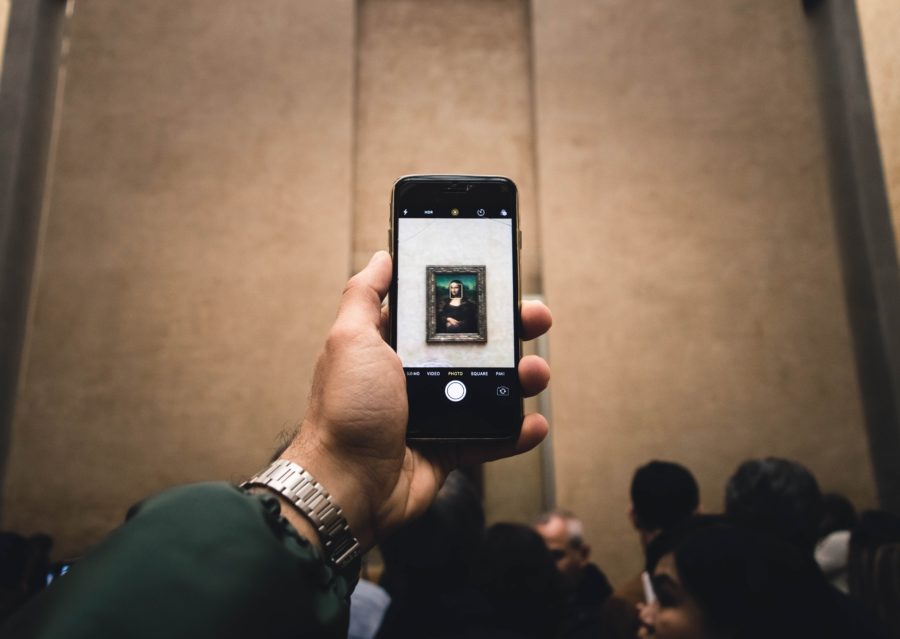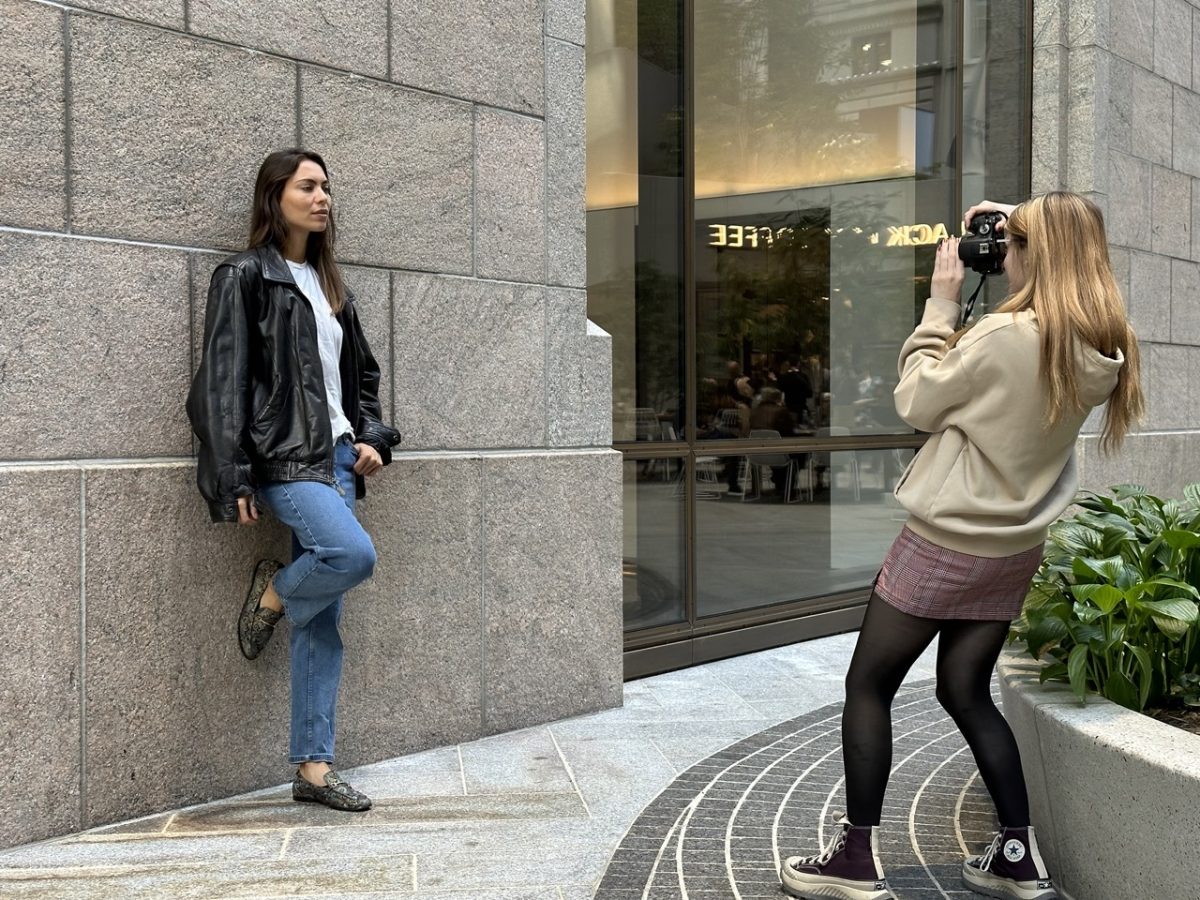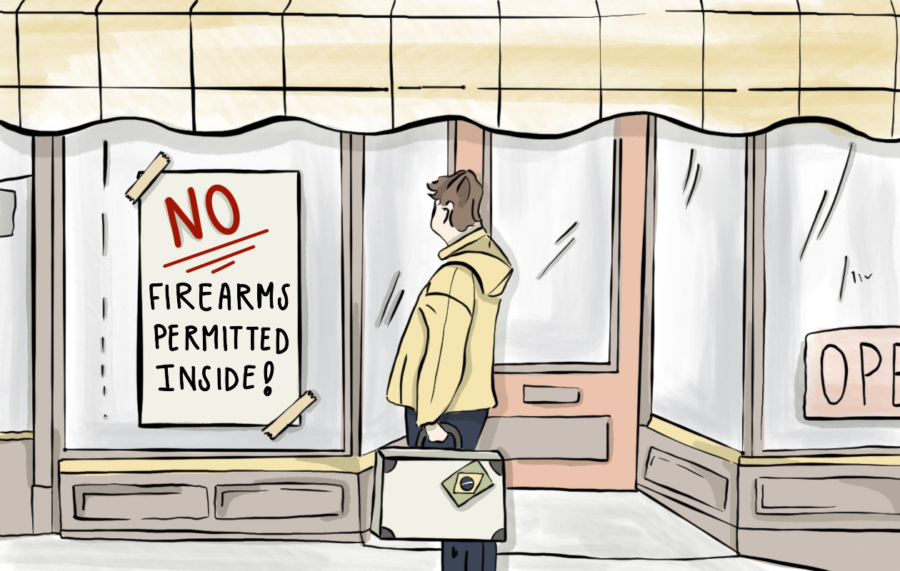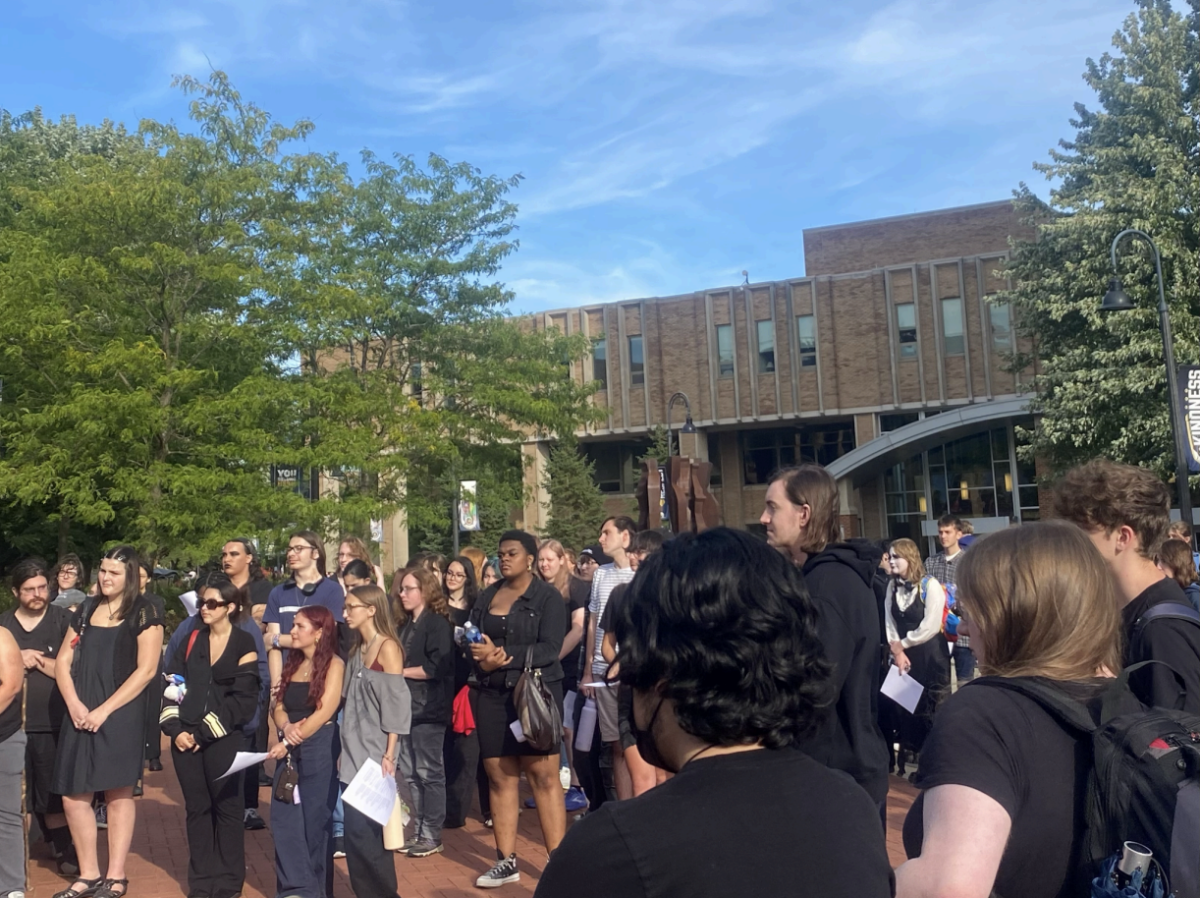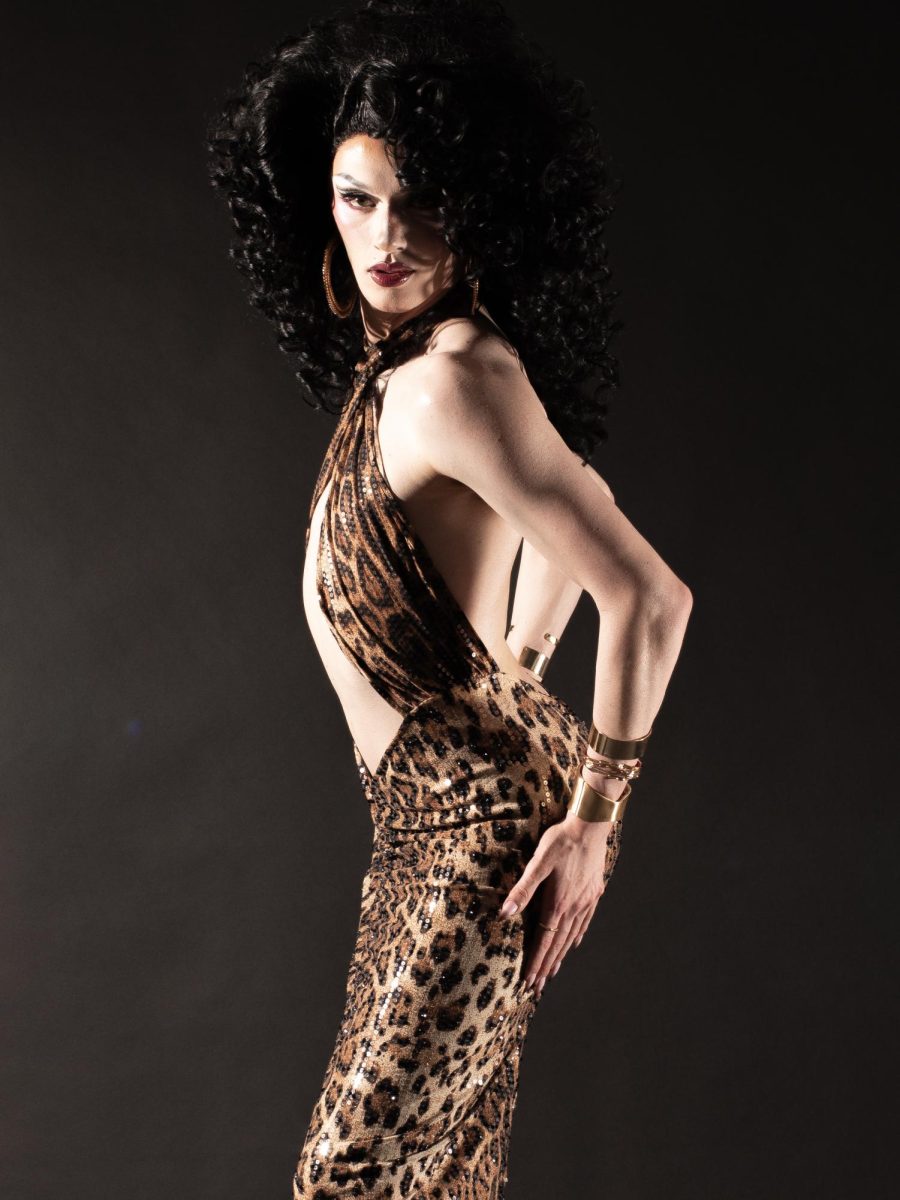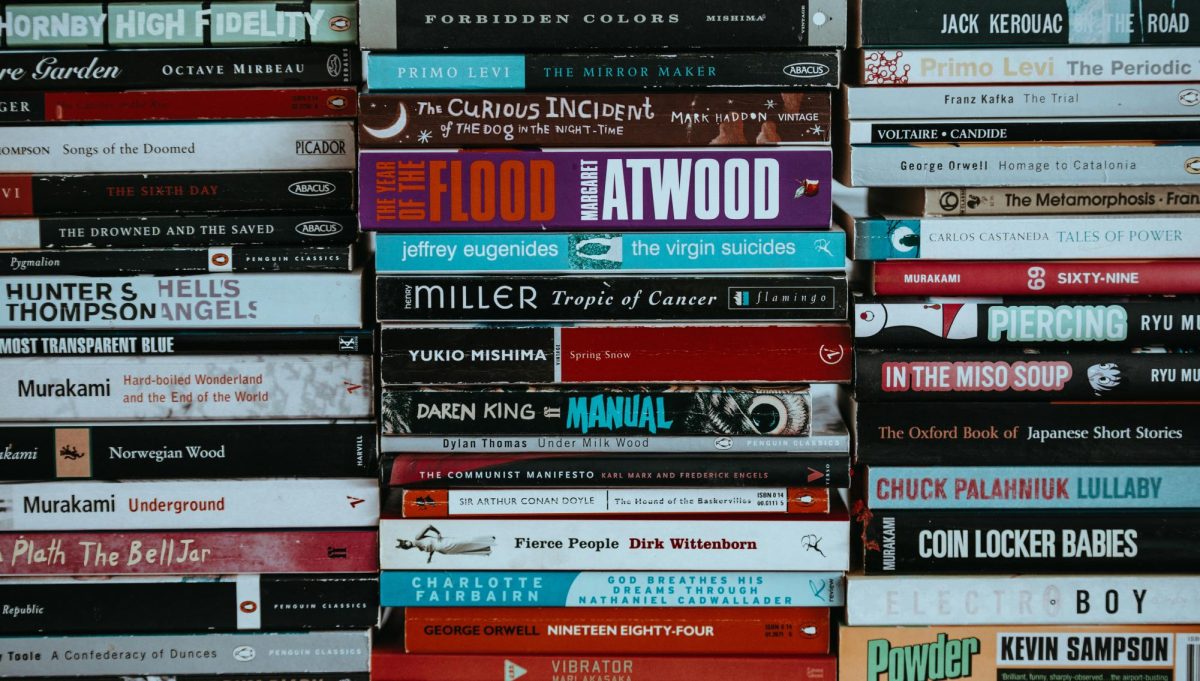What does it mean to be American?
A month ago, I would’ve answered this question vaguely, and I would have referenced things such as residence, geography and technicality. But since becoming one of four Kent State students to study in Paris and the first American students at ISIT, a small French institution, my perspective on what America is has been drastically reframed.
Paris is permeated with American culture; “YMCA” blasts at nightclubs, posters for American movies cover the metro walls and the newspapers all have a “U.S.” section. Every new person I meet has two comments: “You sound just like the movies,” and “What do you think of Trump?” And surprisingly, the stereotype of Europeans loving Americans has, thus far, proven true. The security guards at our school greet us every day by excitedly exclaiming “the Americans!” Needless to say, they do not greet other students by announcing their nationalities.
And this phenomenon isn’t limited to the French. Spanish, Italian, Indian and British students have all demonstrated the inadvertent fascination and consumption of all things American. I knew America was a global superpower, but it wasn’t until I left it that I saw some of the consequences of our cultural and political domination manifest. To the world, we are the movie stars, political power players and musicians.
But what is one to do with this information? It certainly put pressure on us as the first Americans at ISIT. In every class, all eyes are on the Americans. Consequentially, we now must strive to represent our University and the U.S. as a whole, and set a precedent for future U.S. students.
But thinking big-picture, my realization of the American influence inspired me. Being overseas during the government shutdown and innumerable controversial tweets was disheartening, but seeing how much effect we can have on other parts of the world speaks to the amount of multiplied good our good can create.
Take Tarana Burke, the American woman who started the hashtag #MeToo, which shed light on sexual harassment internationally. One American woman’s tweet catapulted women from every corner of the globe into solidarity and protest. America created it, and the world ran with it. One can only imagine the ripple effects of an America that lives up to its “city on the hill” rhetoric.
In shambolic times such as these, it can be tempting to tune out and become indifferent, rather than to engage. I have done so on more than one occasion. But now that I am beginning to understand the incredible weight and sense of duty that comes with my American identity, I feel more incentivized than ever to fulfill the American mythology—and fight for the good in the world.
If more people understood the magnitude of each decision the U.S. makes, while also casting off the ethnocentrism that tends to accompany such a mindset, I believe a significantly higher number of people would mobilize with enthusiasm. But perhaps this is a lesson only travel can afford. Either way, I now choose to reject passive optimism or pessimism and instead opt for conscious action in hopes that the great responsibility I now feel and realize will give my American voice great power.
The whole world is watching, so we might as well give them a good show.

